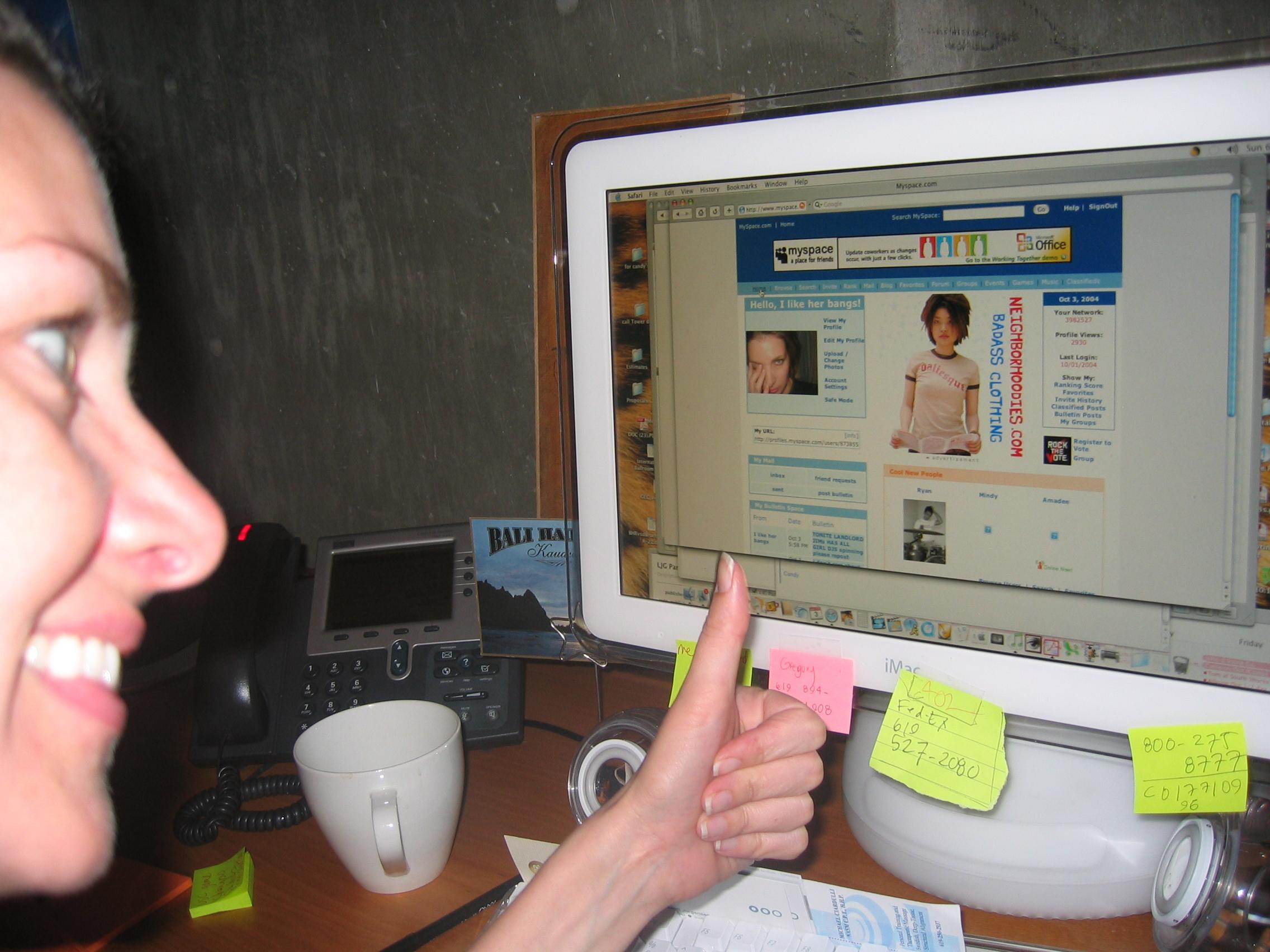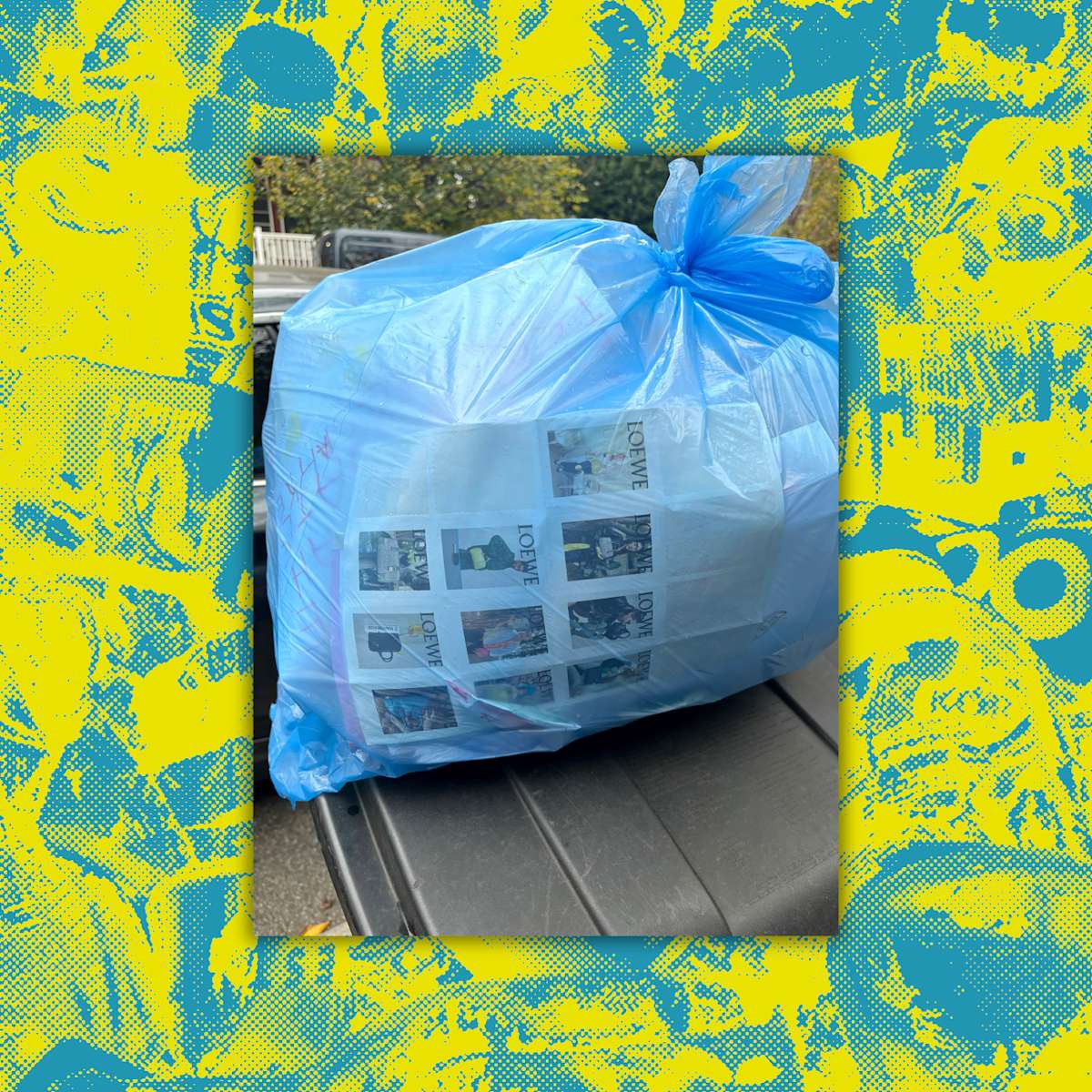This week's best things
Google documentation leaks, the downfall of DeviantArt, the impact of hybrid working, the internet in 2004, fax art, and iconic tweets.

Secrets from the Algorithm: Google Search’s Internal Engineering Documentation Has Leaked
Internal documentation around how Google's Search algorithm works has leaked.
SEO expert, Mike King, has summarised (and also gone into a lot of detail about) what it seems these documents might tell us about how Google Search works.
"While there is no detail about Google’s scoring functions in the documentation I’ve reviewed, there is a wealth of information about data stored for content, links, and user interactions. There are also varying degrees of descriptions (ranging from disappointingly sparse to surprisingly revealing) of the features being manipulated and stored."
Thus far Google has refused to comment on the leak, and in this article The Verge writes "Google’s search algorithm is perhaps the most consequential system on the internet, dictating what sites live and die and what content on the web looks like. But how exactly Google ranks websites has long been a mystery, pieced together by journalists, researchers, and people working in search engine optimization.
Now, an explosive leak that purports to show thousands of pages of internal documents appears to offer an unprecedented look under the hood of how Search works — and suggests that Google hasn’t been entirely truthful about it for years."

The Tragic Downfall of the Internet’s Art Gallery
A great read spotted via my colleague Katie's Digital Works newsletter.
It charts the (relatively recent) downfall of internet stallwart, DeviantArt "On March 27, a large group of artists and creators from across the web noticed the frightening extent to which a once-beloved, highly influential community platform of theirs had, like so many others, fallen prey to the artificial intelligence juggernauts plundering the internet."

Hybrid jobs mean more remote work on Friday, boosting local businesses
An interesting look at how working patterns are continuing to evolve post-pandemic, and the economic ripple effects of those shifts.
"As hybrid work has cemented for a certain segment of white-collar workers, Friday has become the de facto day for staying home, ongoing research from the Survey of Working Arrangements and Attitudes shows.
It's not great news for all businesses. Downtowns that rely on lunchtime food traffic have been forced to limit hours, cut staff, and, in some cases, shutter completely. Still, interviews with owners and managers of cafés, bars, gyms, and beauty salons suggest that businesses are seeing an uptick in earnings during Friday work hours nationwide."
What the Internet Was Like in 2004
I talk a lot about 'what the web used to be like' so it was fun to read this piece from Richard MacManus about what the internet was like in 2004.
2004 was the year that Facebook, Firefox, GMail, and Flickr (amongst many others) were launched.
"Something significant was happening on the internet in early 2004, but we didn’t yet have a term for it. Blogging and wikis were encouraging ordinary people to write more on the web — you didn’t necessarily need to have technical skills anymore. At the same time, new websites like Flickr and del.icio.us (a web-based bookmarking service) were enabling people to share things online. The terms I used back then to describe what was happening were “read/write web” (inspired by Tim Berners-Lee) and “two-way web” (coined by Dave Winer)."
Pre-social media, pre-smartphone, Microsoft dominated 95% of the browser market. It's interesting to look back 20 years and reflect on just how different everything was then.

Rock band’s hidden hacking-themed website gets hacked
Well of course it did.

Faxlore
A fun read about the explosion of the 'Faxlore' art genre in the 1970s.
With reflections on human behaviour, the impact of Xerox machines on information volume, and the importance of access to technology for creatives.
"Like memes, the immediacy and niche audience of this new form of communication allowed office misanthropes to express their shared experiences. And because fax art was almost always anonymous, it gave the creator the freedom to produce without fear of retribution from upper management. Unlike the time clock or conference room, there was a sense that the Xerox machine belongs to the workers, not the bosses."

What are the load-bearing posts of our time?
This thread on X/Twitter reminded me of when social media, and Twitter in particular, was a regularly hilarious place. But maybe that's just me showing precisely how old I am, I'm sure this stuff still exists, I'm just not looking in the right places.
Ryan Broderick said "I think this happens for two reasons. The first, and most obvious, is that there is a sense that the peak moment of the social network has passed. And the second reason is that there is simply more old content on the platform than there is new content."
The fact that most of these 'canonical' posts are from 2010-2018 isn't a coincidence.
Anyway, lots to enjoy in here. If your sense of humour is anything like mine, you'll laugh a lot.





